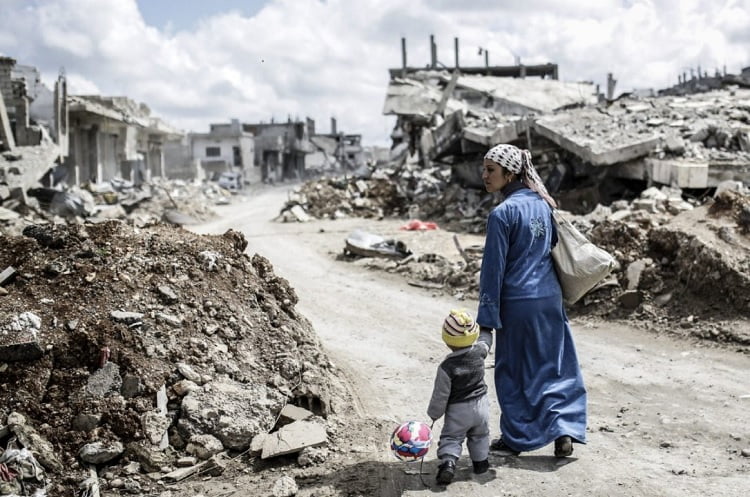In a twist to diplomatic relations with Syria, the troubled nation’s President Bashar Assad recently rejected the idea of “safe zones” as unrealistic. One of the hallmark proposals of Donald Trump’s campaign – the other related proposal being the so-called “Muslim Ban” – the safe zones was a surprisingly diplomatic solution to the humanitarian crisis of Syrian refugees.
At the same time, we have to consider the intrusiveness of U.S. foreign policy, especially as it relates to the Middle Eastern theater. Emboldened by requested support from Russia, President Bashar Assad is being careful not to court American support unless it is under favorable terms. Assad is open to the idea of American military assistance, but it would involve “rapprochement” with Russia – an uneasy task even with Donald Trump’s warm relations with Russian President Vladimir Putin.
Bashar Assad also has another reason to doubt the sincerity of the American government and their foreign policy stance on Syria and Syrian refugees. Essentially, every act of foreign policy in the Middle East has catalyzed further chaos and bloodshed. Overthrows of Iraq, Afghanistan, and Libya have created enormous power vacuums that have destabilized the region. This allowed rogue terrorist networks like ISIS to take control, thus exacerbating humanitarian issues such as Syrian refugees.

While President Bashar Assad respects our commander-in-chief Donald Trump — and is no doubt breathing a sigh of relief that Hillary Clinton didn’t take the post — he rightfully has a cautious take on our foreign policy. Prior Middle Eastern leaders have fallen prey to kangaroo courts or have been outright murdered. In fact, such engineered chaos has been the modus operandi of the American intelligence services.
Whether it is a leadership overthrow in Iran, or accusations of weapons of mass destruction that turned out to be absolutely false, our government shoots first and asks questions later. Indeed, it can be fatally confusing to be aligned with American intelligence. For example, during the 1980s, Afghanistan was considered an ally as the U.S. fought a proxy war with the Soviet Union by arming the Mujahedeen. Today, those weapons are used against us.
Bashar Assad is no dummy. He rightfully called out U.S. foreign policy for essentially creating the Syrian refugee crisis. Without irresponsible American “intervention” in the Middle East — an intervention that no one really asked for — we would be facing far different circumstances. His tough stance is also reflective of the consequences of turning one’s back on the globalist agenda of the U.S. government.
